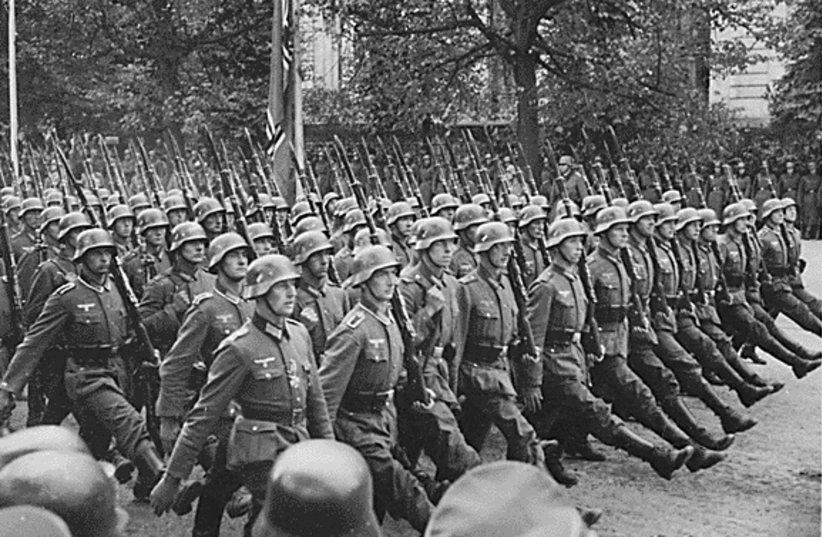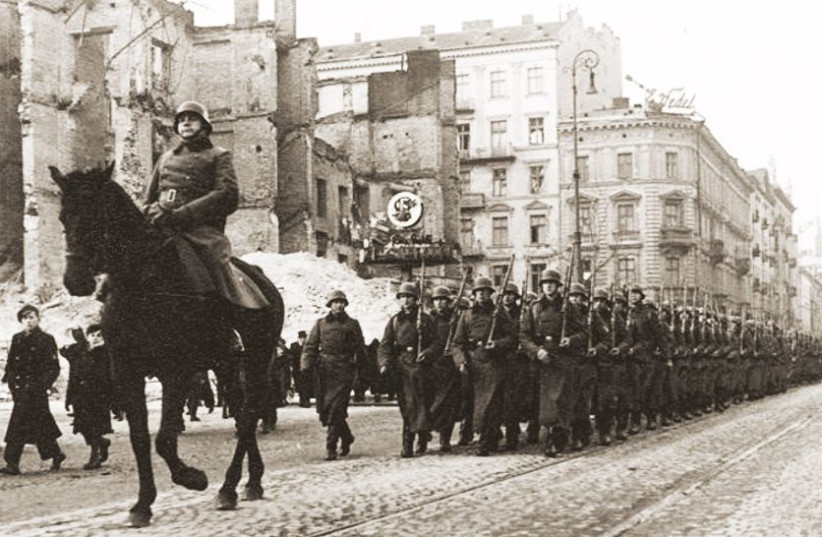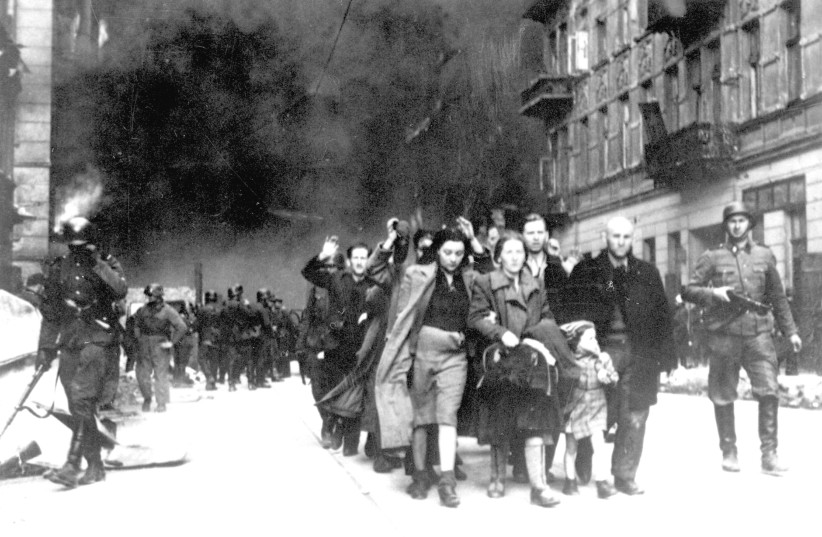September 1, 2021 marks 82 years since the Nazi invasion of Poland, an event widely credited as kicking off World War II, which remains the deadliest conflict in human history.
The background to the invasion is well known, but at the same time incredibly complex. It had built off decades of tensions and resentment building up since the end of World War I, which itself had resulted in the creation of Poland as an independent country.
Crucially, the incident followed the rise in power of Adolf Hitler and the Nazi Party in Germany back in 1933 and was part of a series of moves by Nazi Germany to violate the Treaty of Versailles. These moves included building up its army, annexing Austria and, following the Munich Conference years earlier, the annexation of Czechoslovakia.
While these moves were tolerated by the international community at the time, the invasion of Poland was not, and eventually resulted in declarations of war, embroiling Europe in the Second World War.
The event had also been preceded by the signing of the Molotov-Ribbentrop pact a week earlier, which saw Nazi Germany and the Soviet Union sign a non-aggression pact.
This deal was important, as it essentially allowed for Poland to be divided between Germany and the Soviet Union, the latter of whom invaded on September 17.
The invasion as whole lasted a little over a month, terminating on October 6. The Germans and Soviets, along with their Slovak allies, altogether had over 2 million soldiers, over double the number of forces the Polish could muster.
The war was a disaster for Poland as, despite the best efforts of many of their soldiers, the country crumbled to the invaders.
This rapid conquest set the stage for World War II, as soon Germany, having just achieved near total dominance over central Europe, would turn its attention to the West, taking on France and the United Kingdom shortly.
However, it also saw the stage set for the horrors of the Holocaust, with German propaganda having painted Poland's inhabitants as subhuman, especially regarding Polish Jewry.
Many cities in Poland saw Jews confined to ghettos, such as the infamous Warsaw Ghetto, where they lived in horrific conditions.
Poland would soon be the site of several of the most infamous Nazi-run concentration camps, which altogether saw the deaths of millions of Jews, Poles, Slavs, Roma, members of the LGBTQ+ community and more.
Many resistance efforts would soon crop up against the Nazi regime, including the Polish Underground State, the Polish government-in-exile and groups of forest partisans.
Poland would ultimately regain its independence following the end of World War II. However, the invasion is remembered around the world as the event that started the bloodiest conflict in human history, characterized by the horrors of war and the nightmarish events of the Holocaust.


